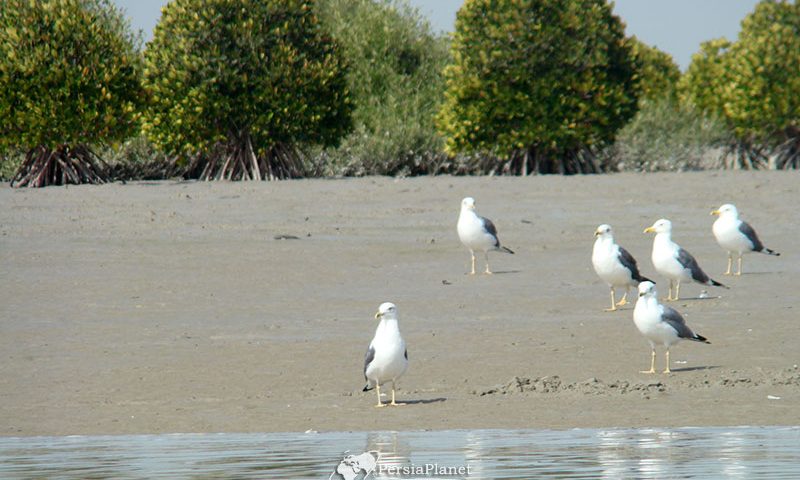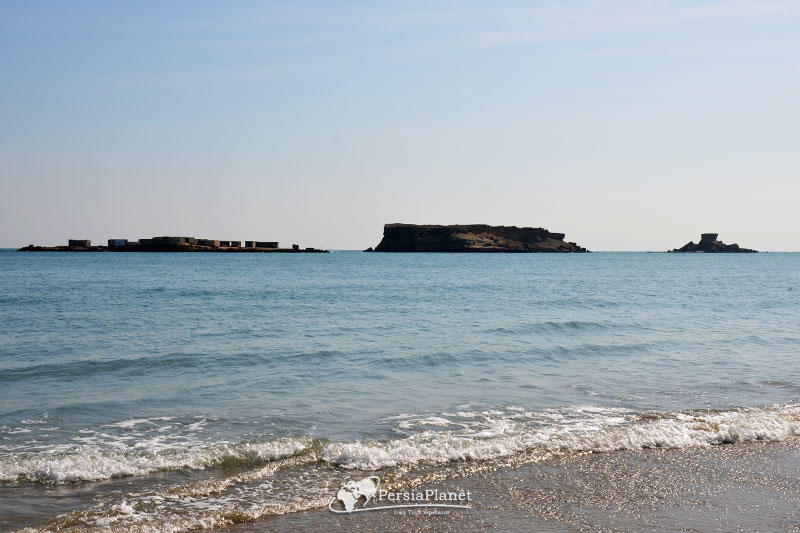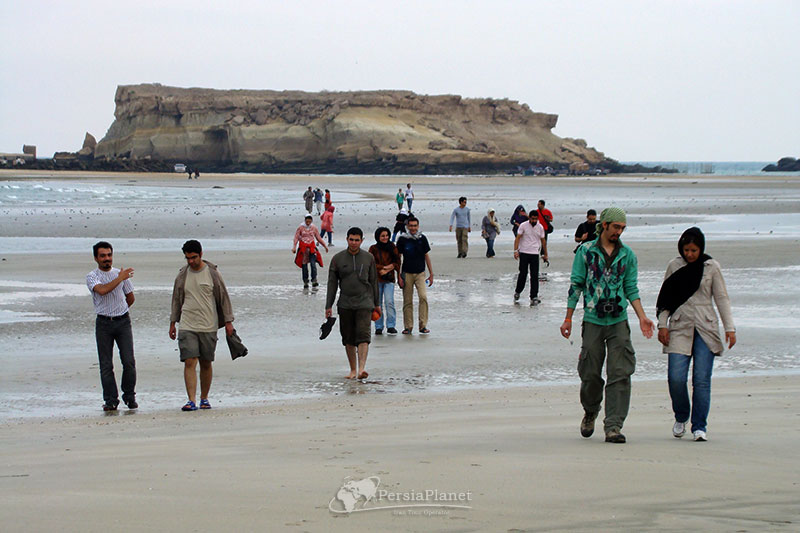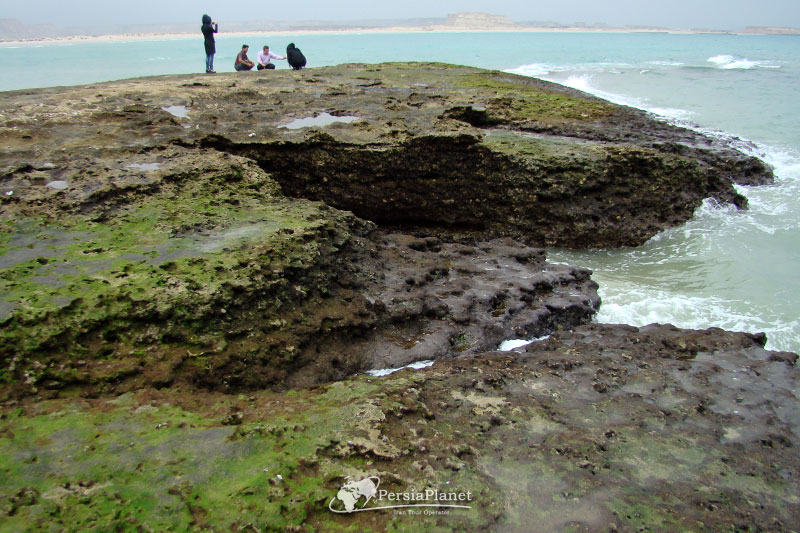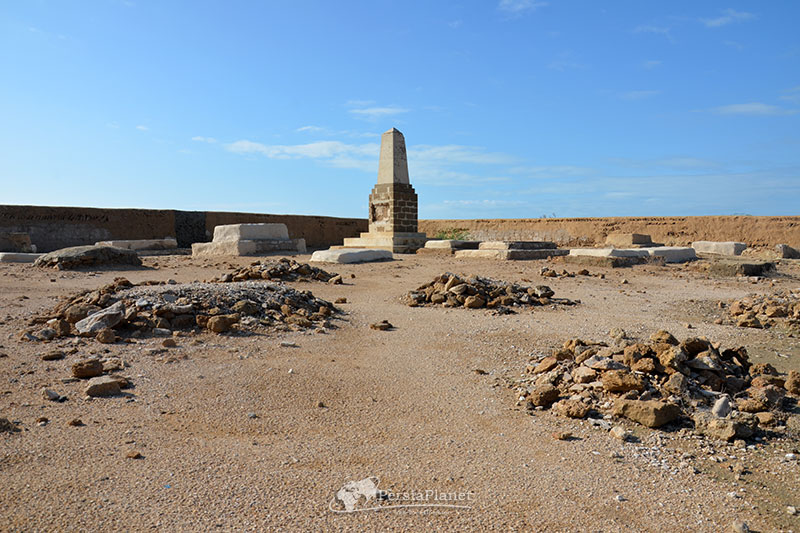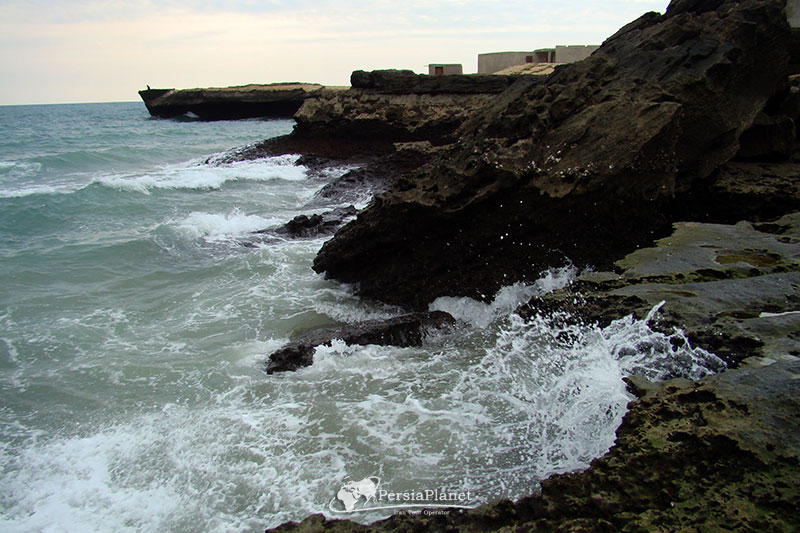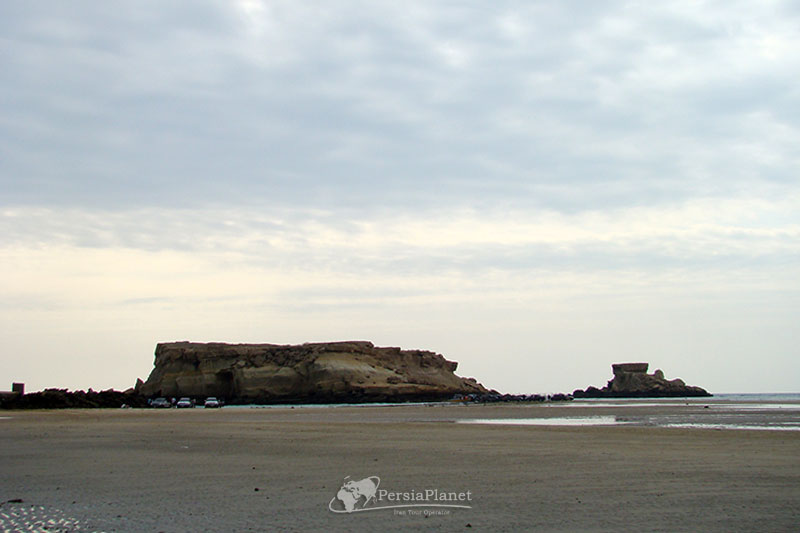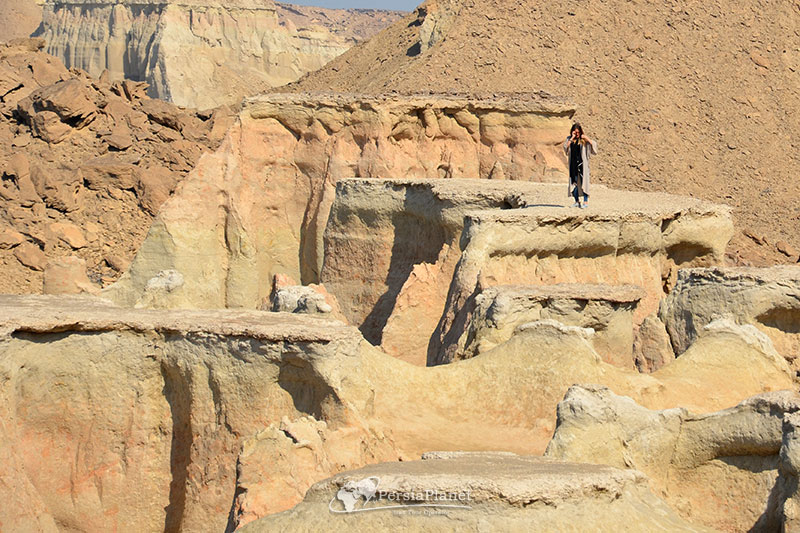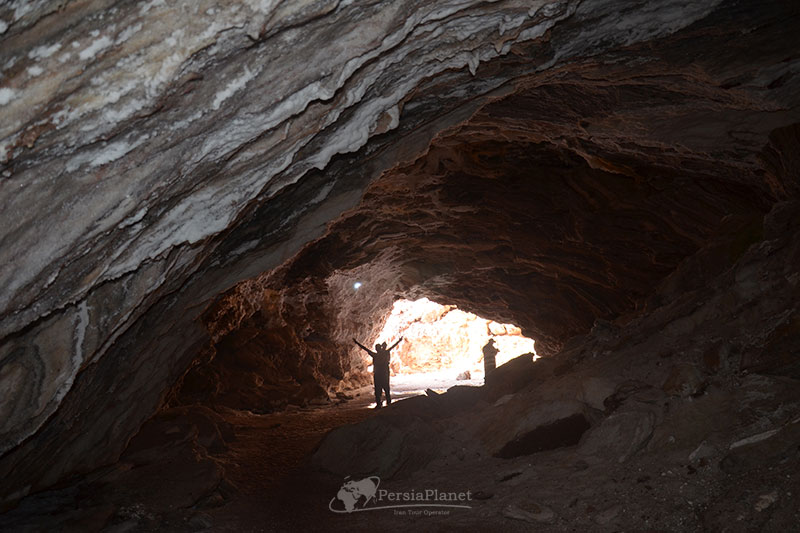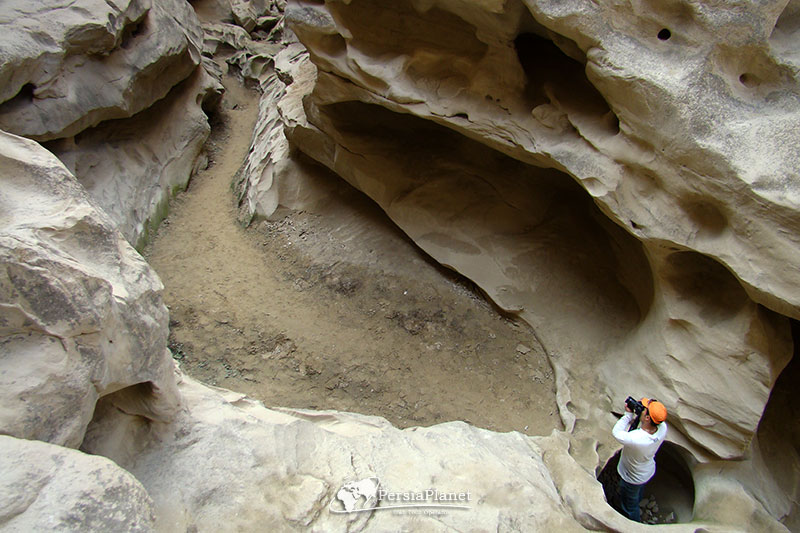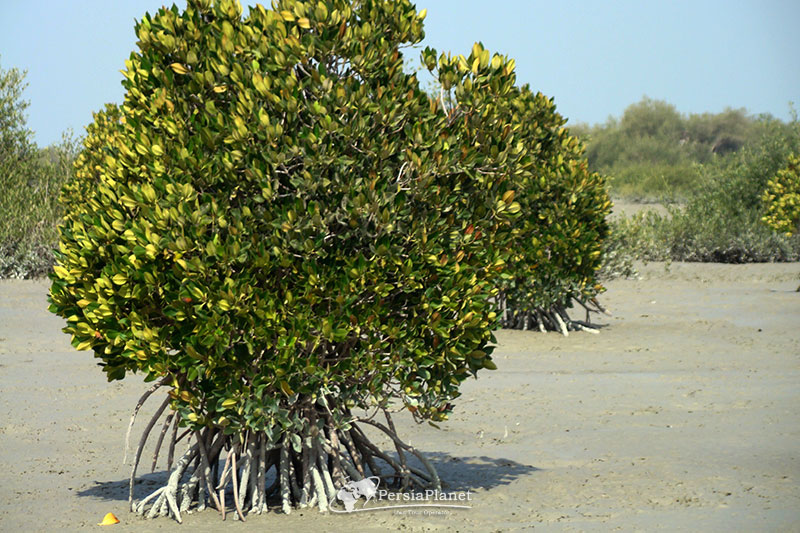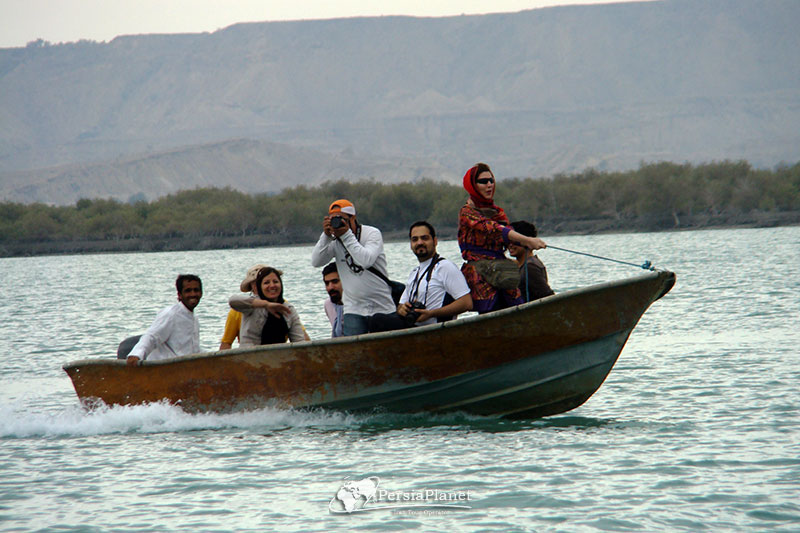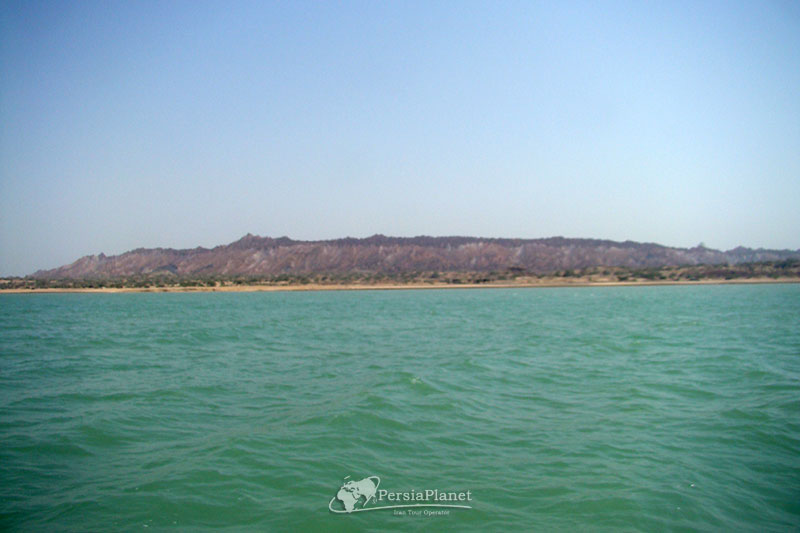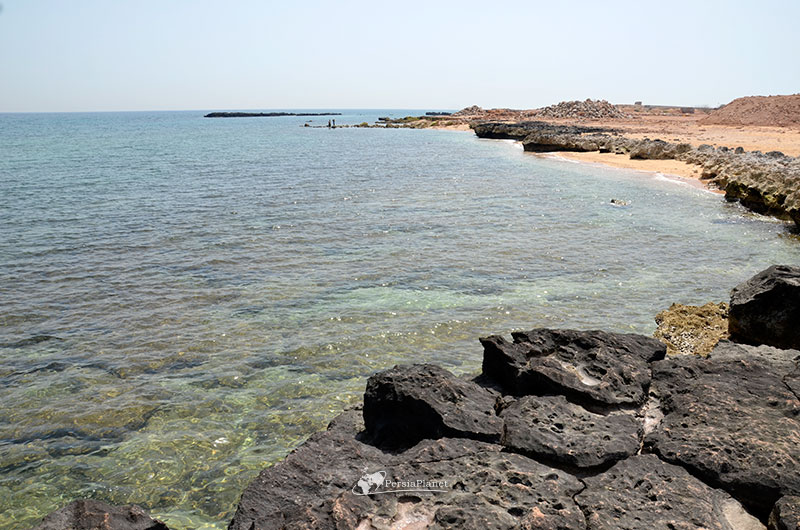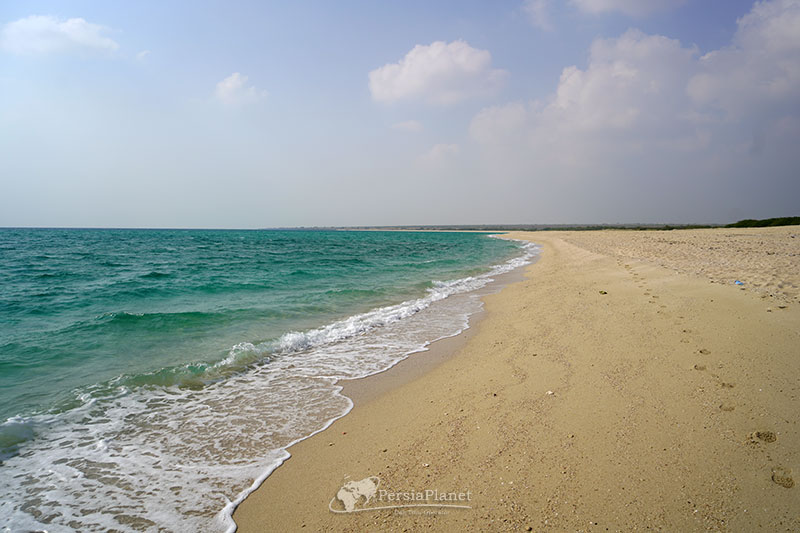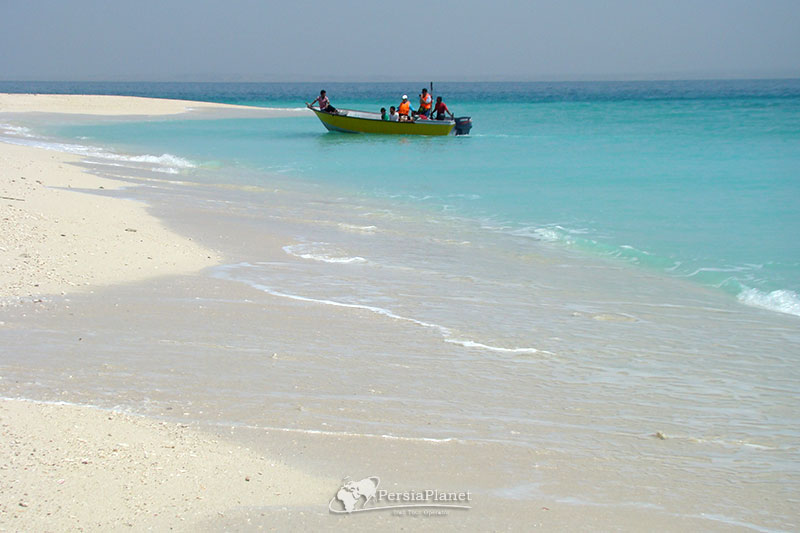Qeshm Island, Gheshm

Yakh-Morad Cave
March 12, 2021
Abyaneh Village
April 22, 2021Qeshm Island is the largest island in Iran, which is located in Hormozgan province. This island has a pristine and beautiful nature and its history is as long as the Sassanid era. This southern island has long been a tourist destination for many Iranians and foreign tourists. If you are planning to travel to Qeshm, have information about when is the best time to go, where to visit and what costs to pay. In this article from Persia Planet Team, we intend to provide a travel guide to Qeshm for every traveler in need.
Geographical location of Qeshm Island
Qeshm Island is located in the south of Iran in Hormozgan province and is the largest island in the Tang-e Hormuz. Since this island is located in the south of Bandar Abbas, it is limited from the north to Bandar Abbas, from the east to Larak Island, from the south to Hengam Island and from the southwest to Abu Musa Islands and Big and Small Tonb.
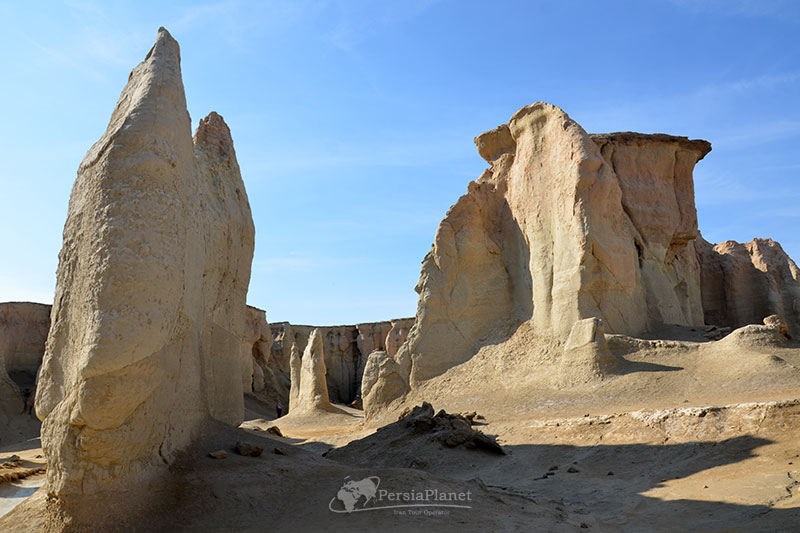
A brief history of Qeshm Island
As mentioned above, this island dates back to the Sassanid era. It is said that the island has been inhabited since the time of Islam and even from the time of the Mades, with the advent of Islam, the Muslims conquered the island and it was that little by little everything took on a different color and shape. Gradually, various governments ruled the island, among which we can mention Al-e Buwyeh, and at one time it was influenced by the Mongol invasion and the rule of the Ilkhanids. Gradually, the Europeans set foot here and for a while, especially the Portuguese, ruled it, and this domination took shape to some extent during the Qajar period, until after the Qajar, the island was returned to Iran.
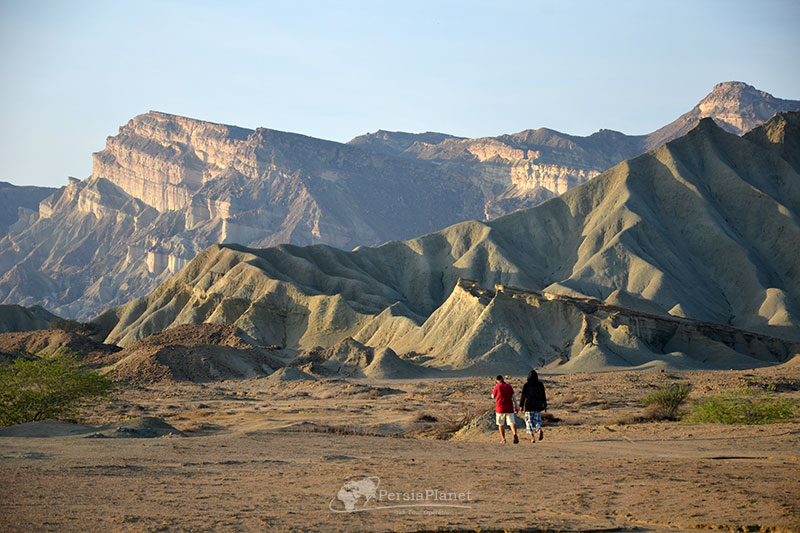
Weather conditions and the best time to travel to Qeshm
Due to the fact that Qeshm Island is located in the south of the country, its climate is warm and humid due to its being an island. From July to September, it can be said that it is almost the hottest days of the island, but instead the cost of your trip at this time is half of the other months of the year. But the best time to visit Qeshm is January and February, when the temperature of the island reaches about 30 degrees Celsius and the lowest reaches about 15 degrees Celsius.
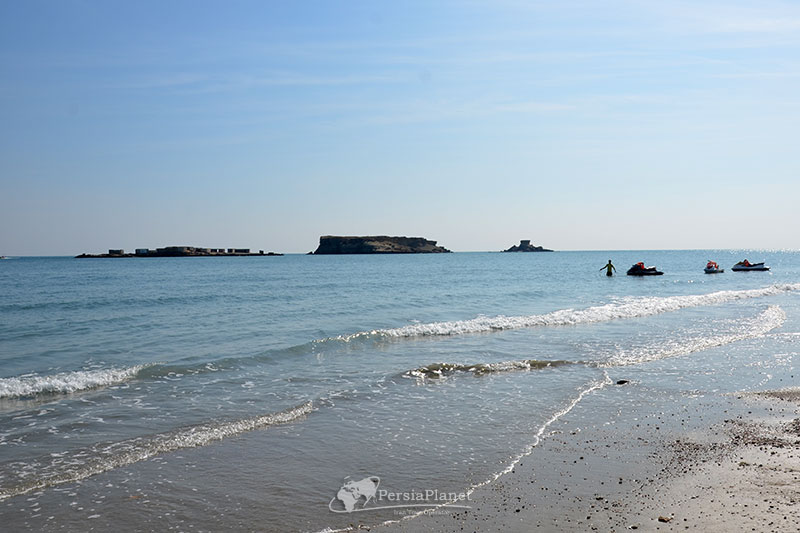
Accommodation on Qeshm Island
There are several options for staying on Qeshm Island, but the choice between them depends on the budget you have planned for your trip.
The average cost of accommodation in Qeshm hotels starts from 10 us$ and varies up to 50 us$, which depends on what hotel you have chosen for your stay.
Important tourist attractions
Qeshm Geopark
This geopark is the only geopark in the Middle East that has been registered globally and it is home to various species of birds and reptiles, and therefore has one of the most important ecosystems in Iran.
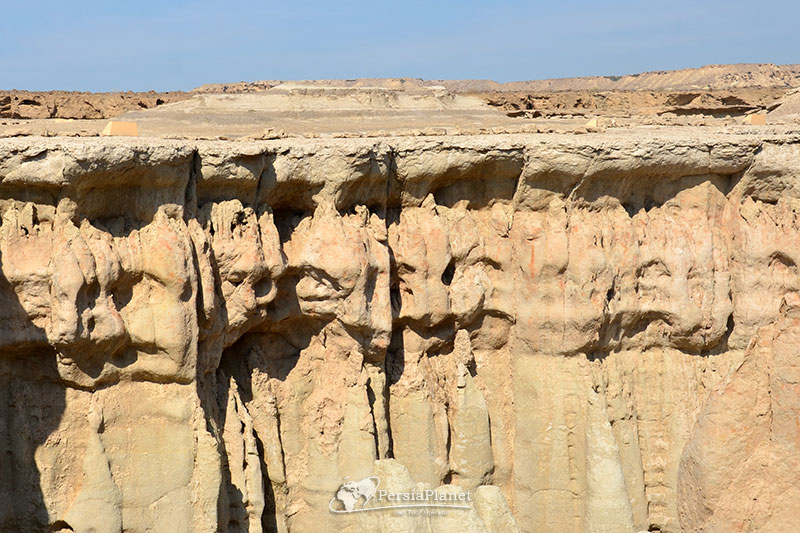
Chahkuh Strait (Tang-e Chahkuh)
It is impossible to say about the trip to Qeshm and not mention the name of this strait Chahkuh Strait is actually two valleys perpendicular to each other with hollow walls, cavities that have different sizes and their presence has made the shape of this valley strange.
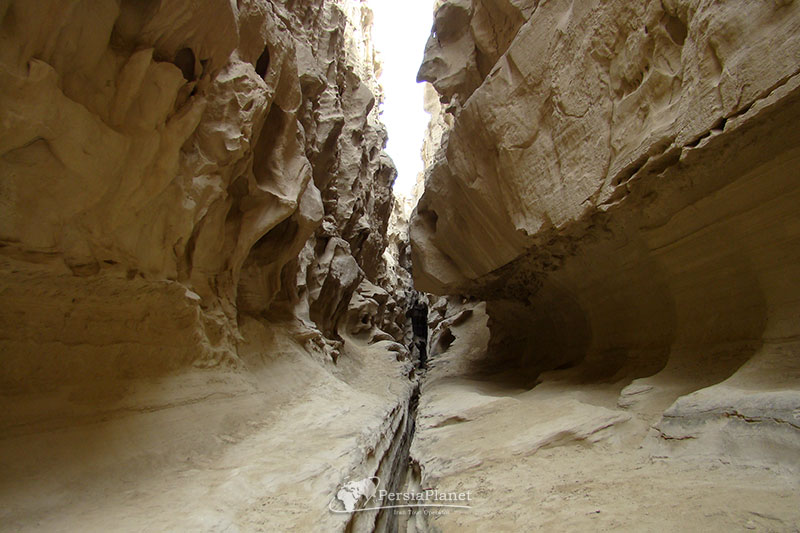
Naaz Islands (Jazayer Naaz)
Naaz islands are different from all the beaches you have ever seen. Here, at low tide, a strip of sparkling sand connects the three rocks that come out of the water to Qeshm. These islands are called Do Kardeh by the locals and are registered in the maps as Naaz Islands (cute islands) and are also known to tourists by the same name. At low tide, with the complete retreat of the sea water, for a short time, it connects the strip of land of Naz Island to the coast of Qeshm. Although the time of this event is short, but at the same time travelers can enter the cute islands and watch the Strait of Hormuz, Lark Island from the heights.
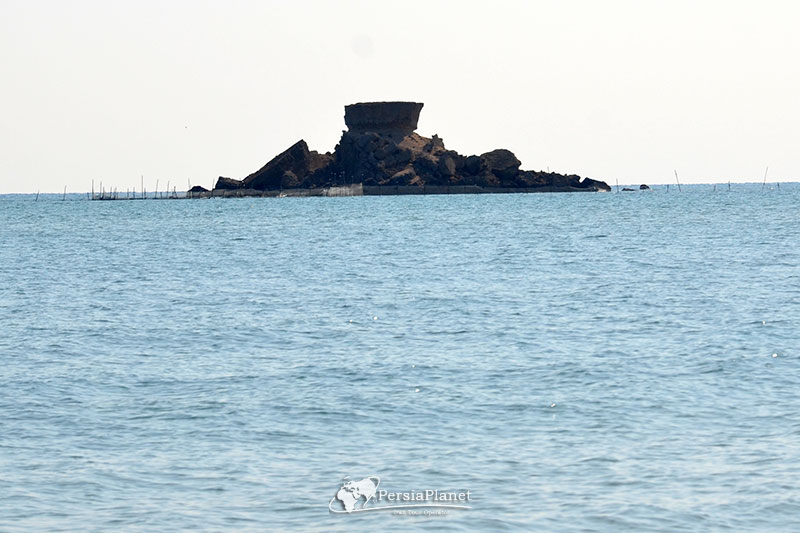
Hengam Island
When, playful dolphin island; This island is located in the south of Iran and although it is small, it is one of the most attractive tourist destinations. Hangam is located at a distance of 2 km from Qeshm and to reach it you have to board boats that are on Qeshm Island to reach this island after a short route. As you move towards the island, the first thing that catches your eye is the clean, shiny sands and the infinitely beautiful blue waters that glow tens of times brighter under the golden rays of the sun. In this part of the island you can see many oyster rocks and one of the most exciting part of the trip is to see these colorful oysters.
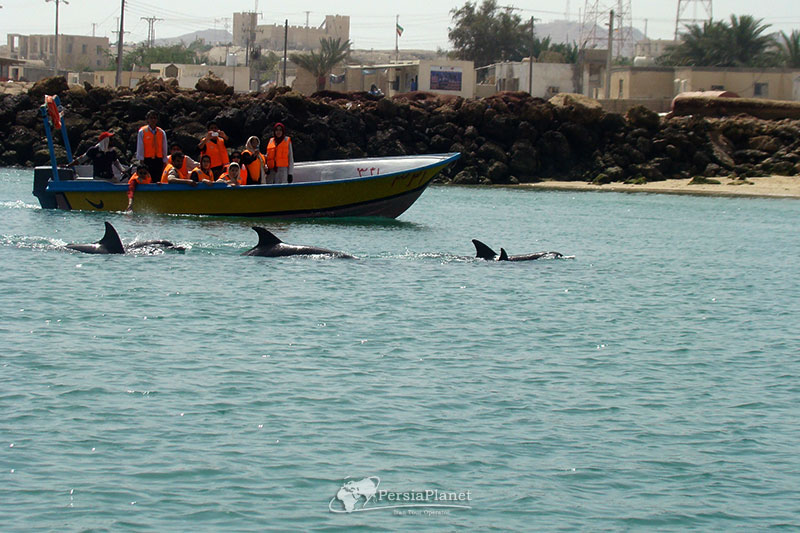
Valley of the Stars
This valley is one of the wonders of Qeshm and because of its special shape, the wind in it causes strange noises and maybe that is why it is called the Valley of the Stars.

Tala water wells (Gold water wells)
One of the amazing attractions on Qeshm Island is the wells of Tel Ab or Tala, which have a very long history. These wells were built to store rainwater in the area. These wells are located 76 km from Qeshm city and 30 km north of Qeshm International Airport, and when you go to visit these wells, you will see Naderi Castle right next to these wells inside the pit at the foot of the mountain. it eats. The idea of building these water wells dates back to the Achaemenid period and is now considered as one of the tourist attractions of Qeshm Island.
Khurbas caves
Thousands of years ago, during the Sassanid era, a village called Khurbas flourished and was considered one of the busiest areas of Qeshm Island. The village is surrounded by short and long coral hills in a circle. In front of this castle, a cemetery it is an ancient place that overlooks the entrance of Khurbas caves. The entrance of Khurbas caves are located in the heart of the mountain at a height of 20 to 30 meters. We suggest that you visit this amazing cave during your trip to Qeshm.

